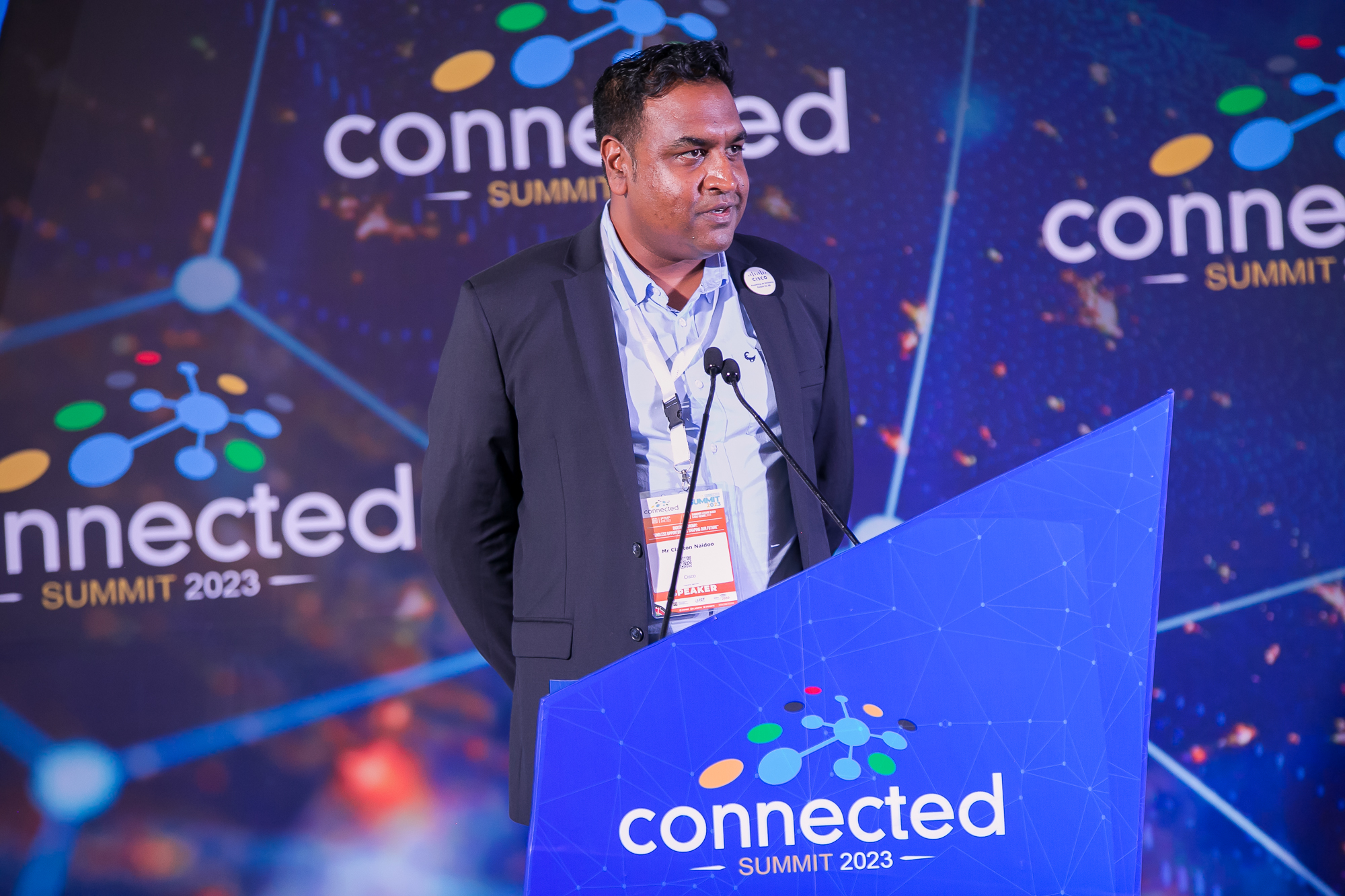American tech services provider Cisco has signed an MoU with the ICT Authority of Kenya to work together in promoting the country’s Digital Master Plan and efforts toward digital transformation.
The MoU outlines the specific areas of collaboration between these two organizations.
The Digital Master Plan was launched during the 2022 staging of the Connected Kenya Summit. It is a ten-year ICT roadmap that seeks to make Kenya one of the leading ICT-driven countries and enhance the collaboration of the public and private sectors to form the development network of information systems and infrastructure.
To this end, Cisco and the ICT Authority of Kenya will work together on important strategic projects, including:
- creation of public Wi-Fi hotspots, 1450 digital hubs
- unified communications system for the government
- development of a comprehensive cybersecurity framework.
The two partners will also collaborate on a training program to enhance the skills of information and communication technology (ICT) professionals in Kenya.
The program will focus on areas such as cybersecurity, cloud computing, and the Internet of Things (IoT), and will be delivered through Cisco Networking Academy, a global educational initiative that equips students with the necessary skills to succeed in the ICT industry.
These highlights were shared by Clayton Naidoo, Senior Director for Country Digital Acceleration (CDA) for Cisco Africa.
Clean Start
At the same time, Cisco and Clean Start have signed an MoU to accelerate the use of digital access and computer training programs for girls and women.
Clean Start works with women and children impacted by the criminal justice system to restore dignity and hope, aiming to support successful reintegration into society and success in future-proofing their careers.
By numbers
The Cisco Networking Academy says it has achieved success throughout Africa, with 1,184 active academies and over 1.6 million students trained on the continent to date.
Of those students who completed Cisco certification courses, 92% secured a job or educational opportunity.
The Academy has also contributed $184.10 million in resources and support to students, schools, and instructors since its inception.
Over the years, there has been a 19% female participation rate across Africa.
In the last fiscal year, South Africa had the highest female participation rate in the Middle East and Africa, with 61%, while Nigeria was among the top three countries with a female participation rate of 42%.
Locally, more than 100,000 students trained and upskilled via the Cisco Networking Academy in the country since its inception (29% female participation rate).
97% of students in Kenya who completed Cisco certification courses got a job or education opportunity.
Lastly, $16.47M in in-kind contributions have been recorded since inception in tools, resources, and support to students, schools, and instructors.
Quotes
Stanley Kamanguya, Chief Executive Officer, ICT Authority: “This partnership is a critical step forward in empowering Kenyans in the ICT sector and the country as a whole. With the help of public-private partnerships and partners like Cisco that understand the digital landscape, we can lay new national foundations and empower our citizens with digital skills and opportunities. We believe that the private sector is the driving force of the digital economy in Kenya and that close cooperation with them is critical to bring the latest skills to the current and future workforce. We hope to provide a supportive environment for the private sector to support in calling the government’s efforts in increasing our ICT talent pool.”
Shain Rahim, Cisco’s Country Manager for Kenya and Regional Leader East Africa: “We have a unique opportunity to make a difference in the world. To build a better, more equitable, and inclusive future for everyone. This mission drives our actions, our conversations, and our priorities. It’s how we’ve positively impacted 527+ million people through our social impact grants and our signature programs like the Cisco Network Academy, moving us closer to our goal of positively impacting 1 billion people by 2025.”





























